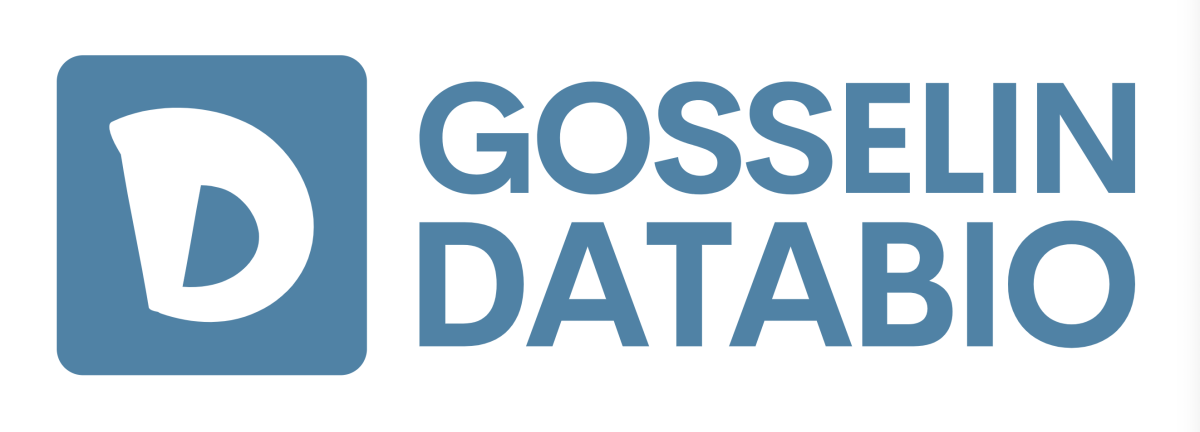Workshops on statistics
These workshops, limited to 15-20 participants, demystify biostatistics and address its crucial role in scientific reliability. Over 2-3 days, life scientists learn essential statistical principles without coding or complex math. Through a mix of lectures, discussions, and hands-on activities, participants explore common statistical pitfalls and misconceptions. The focus is on developing logical thinking and understanding fundamental concepts.
Our events typically offer standardised training in fundamentals of sampling, experimental design, frequentist inference, key statistical tests, pitfalls with p-value interpretation, and good practices in reporting practices. We also provide on-demand specialised sessions tailored to specific topics.
By the end of the workshop, attendees gain practical knowledge they can immediately apply in their laboratory work, while building a foundation for more advanced statistical training. All participants receive comprehensive digital materials, including course PDF, tutorial datasets, code examples, and reference guides. Materials remain accessible after the course on an online shared folder.
The workshops can be given in-person or online.
Typical contents
Lectures
- Sampling and sampling methodologies
- Power and sample size estimation
- Approaches to minimise sample size
- Null hypothesis testing and (mis)interpretation of p-value
- Choosing a statistical test
- Multiple testing
- Linear regression and linear models (for dummies)
- Quantitative reporting and data visualisation
Interactive activities
- Peer review of published articles
- Problem-based learning
- Group reflections and presentations
- Online polls and quizz
Discussions and sharing
These informal exchanges give the participants the opportunity to share their experience or opinions. They may also be dedicated to developing further some concepts that might remain unclear. These are occasions for us to express our love for old-school whiteboards, flipcharts and chalk blackboards.
Hands-on activities
Workshops with a more practical purpose are structured around hands-on activities where the attendees can practice their newfound skills in statistical analysis or graph creation.
Ongoing support after the workshops
After completing our workshops, participants receive one month of dedicated email support to address follow-up questions. Our expert instructors aim to respond within 48 hours, providing clarification on theoretical concepts and guidance on applying newfound skills to real research scenarios. Extended support is available through our monitoring program.


